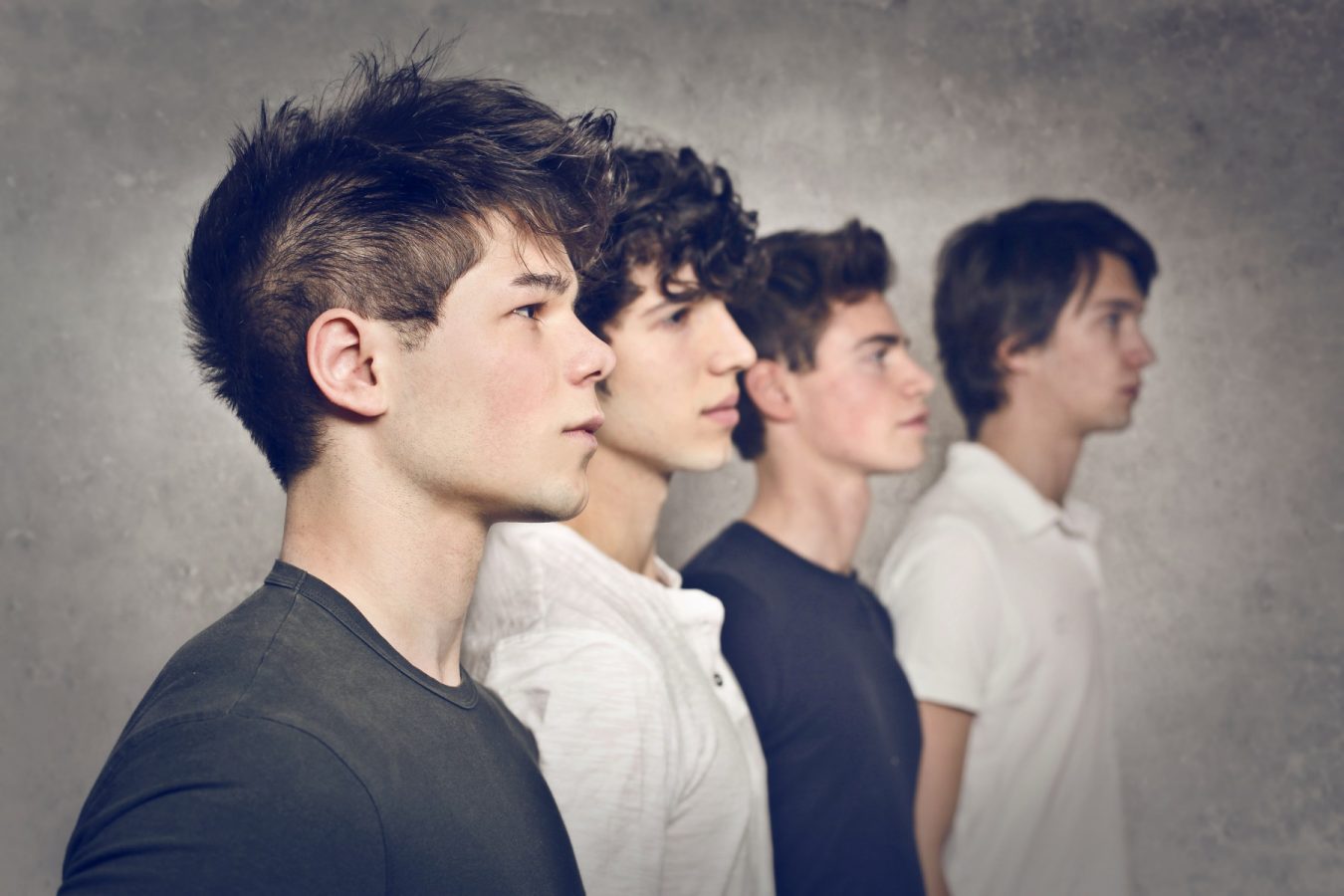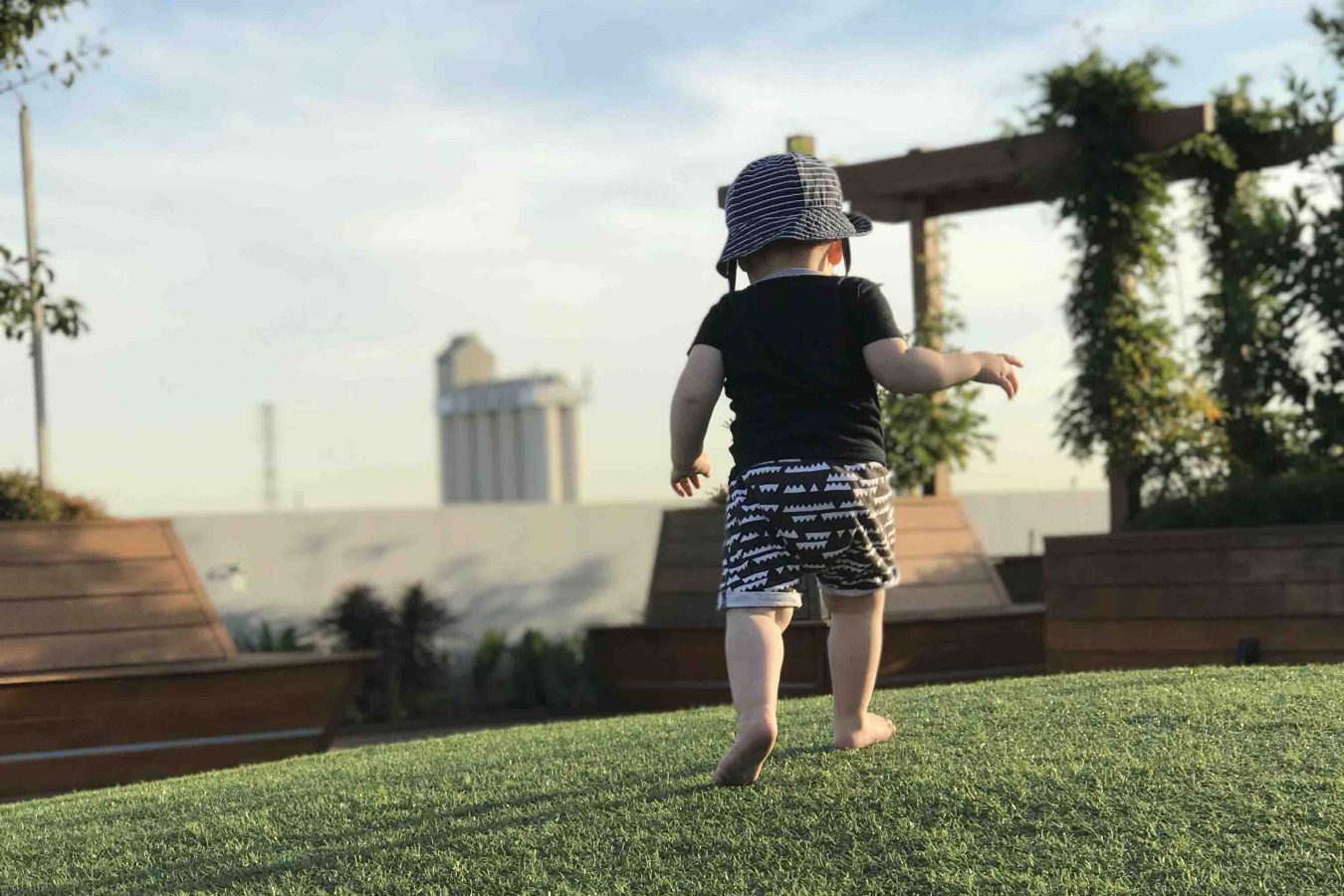
Maggie Dent on why young people need lighthouses in their life, knowing when to switch schools for your children, and the case for embracing life lessons.
Our selection of thought-provoking and useful resources from around the web on educating and raising children, and supporting families.
We need more lighthouses for our kids and teens
(Maggie Dent)
Aunties, Uncles, Fairy Godmothers – whatever name you give them, these are the other adults in our kids’ lives that help to mentor and guide them through life.
In this article, Maggie Dent explores the concept of how these adults are ‘lighthouses’ for our children.
‘It takes only one adult who can hold the light in a young person’s life to make a significant difference to that young person’s life outcomes.’
Maggie explains that it’s not necessarily about teaching these young people in our lives, but being there for them. Listening, lending a shoulder when they need it, and offering advice if they ask for it. Being the ‘light’ in their life when they feel like maybe it’s not something they can speak to their parents about. Being a safe space in a world that might not feel safe or kind in that moment.
‘If you are able to share something of a time when things were tough for you, often it opens their heart to compassion for themselves. Lighthouses need to be capable of unconditional acceptance, unwavering positive regard (regardless of any perceived sense of failure on the young person’s part), no judgement, and no unheeded advice or lectures.’
Read the full articleWeighing up changing schools for your child
(ABC Lifestyle, Kellie Scott)
Choosing a school can be difficult enough for many parents, but what happens when you need to decide whether to switch schools for your child? This article explores various reasons families might consider this, like academic performance, bullying, or a better fit for the child’s needs.
Vanessa Cobham, a clinical psychologist and professor from the University of Queensland, says, ‘Anxiety will usually be at the heart of any, or a combination, of those different scenarios’.
The article higlights the importance of communication between the school, the child and the family — and assessing the pros and cons before making a move.
‘There are no black and white answers here. It’s just trying to think of as many different considerations as possible, and then make the decision that is best, ideally with your child involved in that depending on their age’, says Professor Cobham.
Read the full articleMaybe I should have suppressed my shriek as the screen flooded with porn, but I was teaching my kids a life lesson
(The Guardian, Emma Wilkins)
We’ve all had reactions in life we’d rather we hadn’t. In this article, the author recounts her loud and jarring reaction when accidentally being exposed to inappropriate content online.
Despite her initial shock, the writer reflects on using this as a teachable moment. She says, ‘… knowing when to look away, when to – if not shriek – raise the alarm, is a life skill’.
Incidents such as this can serve as valuable lessons in navigating life by embracing these moments as opportunities for learning and fostering trust between parents and children.
She reminds us that our children are always watching us.
‘I suppose it’s a matter of noticing them noticing us, of being a little more conscious of, and intentional about, what we’re saying and not saying, what we’re suppressing and expressing, and why.’
Remembering that while we might not always model the best behaviour ourselves, if we own it and apologise, our children might grow up with the ability to do the same.
Read the full article

